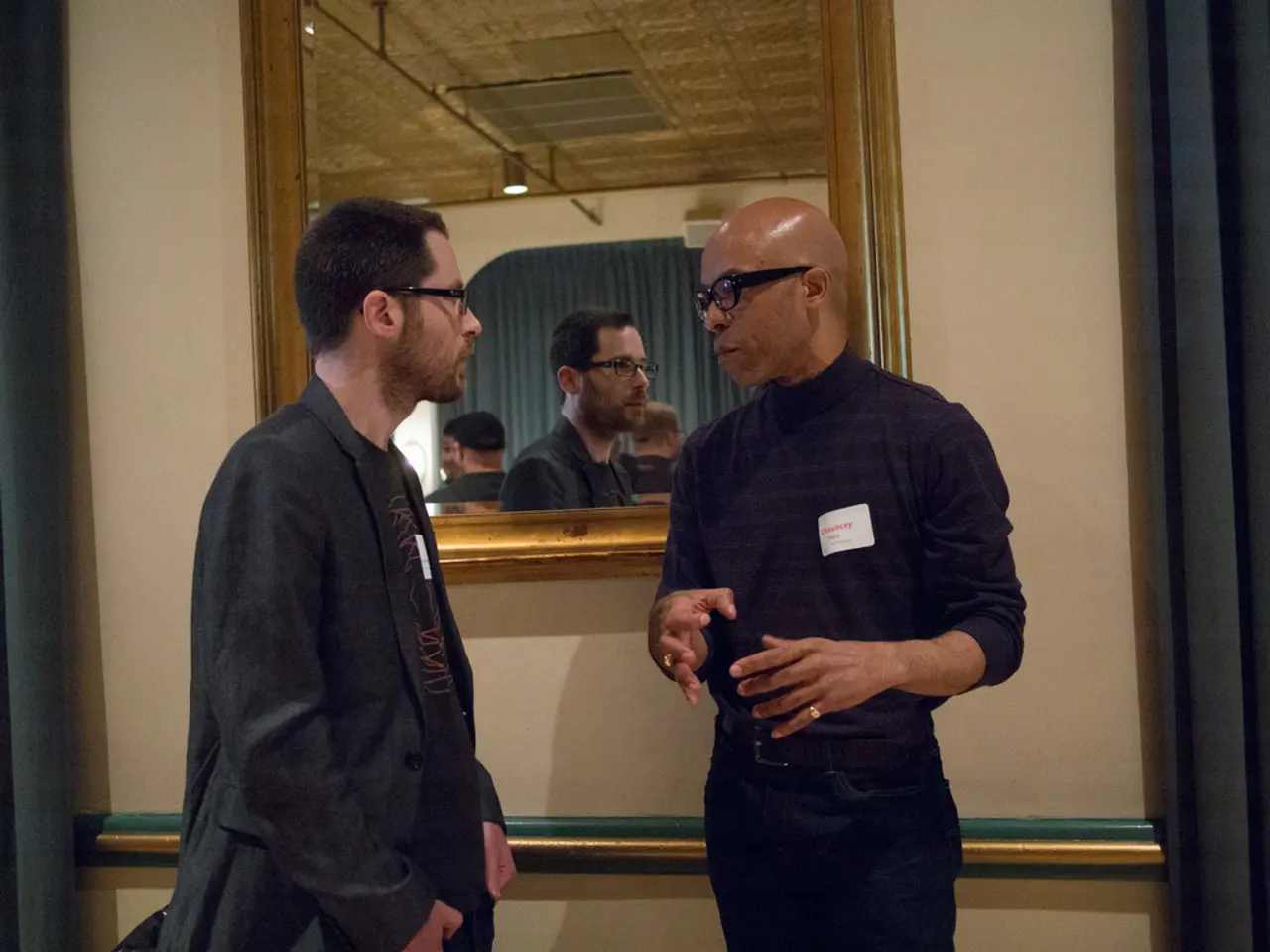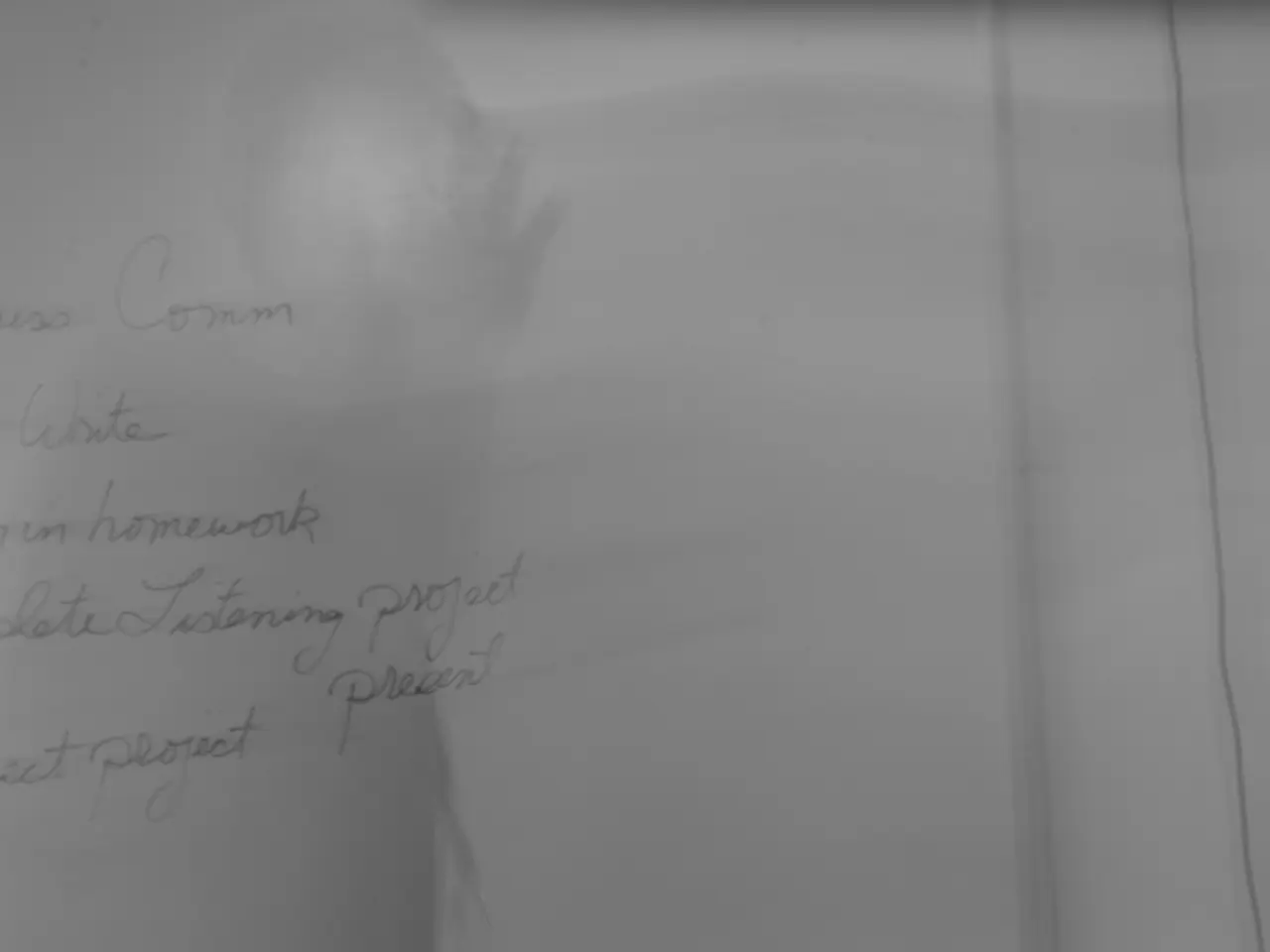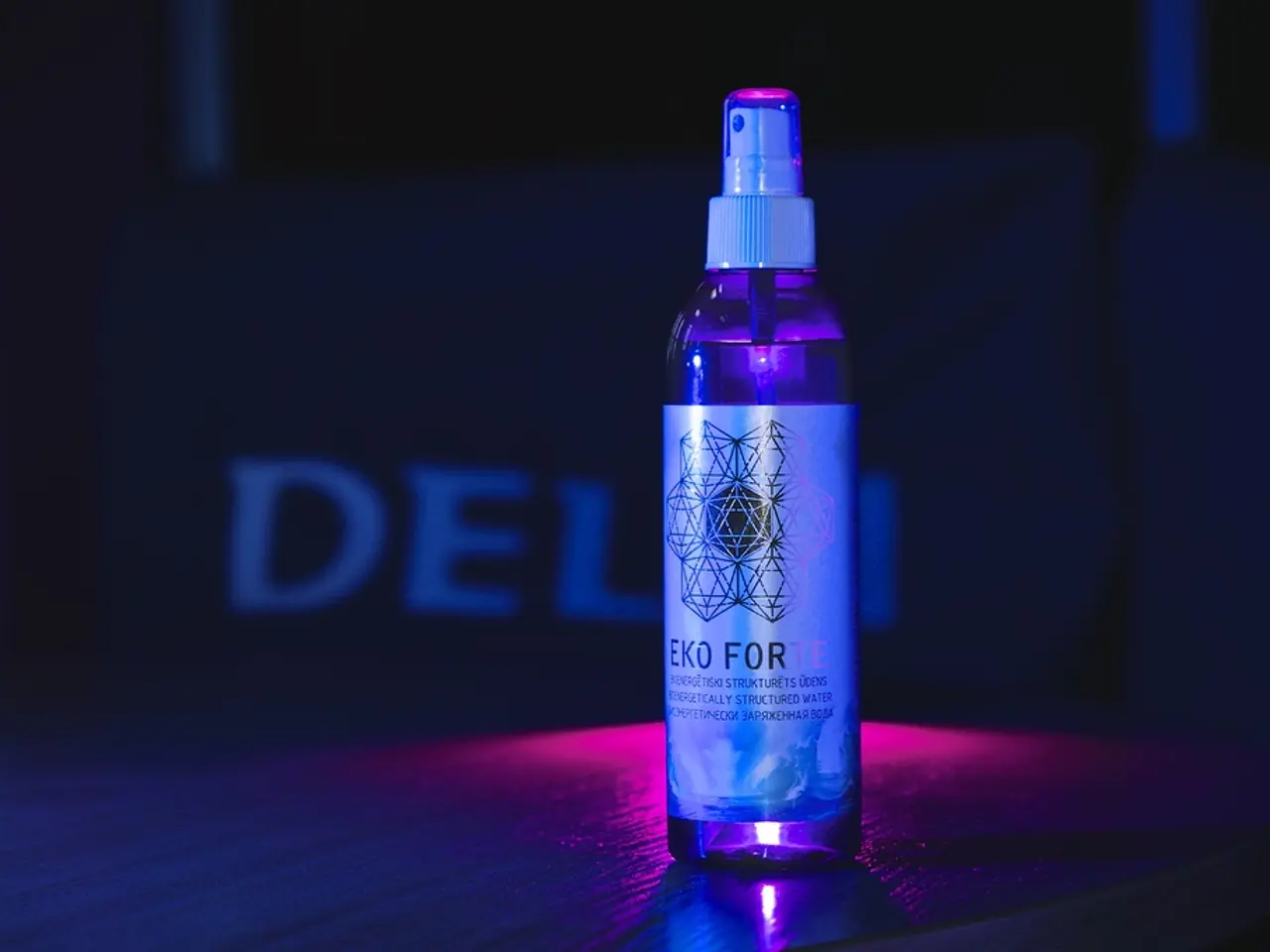Barbershops serve as psychotherapy hubs within the African American community.
In the heart of many Black communities, barbershops have long been more than just places to get a haircut. They've served as hubs for storytelling, sports discussions, and airing grievances. Now, one innovative project is leveraging this unique bond to address a pressing issue: mental health care.
The Confess Project, founded by mental health activist Lorenzo P. Lewis in 2016, is making a significant impact in the lives of Black men across the United States. Based in Atlanta, Georgia, the project trains Black-owned barbershops to become accessible and trusted community spaces for mental health therapy.
Lewis, who himself lived a life marked by anger towards societal injustice due to his incarcerated mother and brushes with the criminal justice system, saw the potential of barbershops to offer therapy to Black men. By embedding therapy within culturally significant settings, The Confess Project effectively bridges gaps in mental health care access in Black communities and addresses the distrust and stigma often associated with traditional therapy.
Barbers are trained as frontline counselors to recognize and support those dealing with mental health issues. This approach creates an approachable, stigma-free environment where Black men can openly discuss their struggles and receive guidance and therapeutic support. The Confess Project impacts 100 lives per month and provides mental health care to over 2 million Black men annually.
The project's innovative model has been praised for its effectiveness in addressing the mental health needs of Black men, a demographic that often faces unique challenges. For instance, men of color are more often diagnosed with schizophrenia and less often diagnosed with mood disorders compared to white people with the same symptoms.
Seeking therapy is often shrouded in stigma within the Black community, which leads to less therapy-seeking among people of color, particularly Black men. By leveraging the trusted role barbers have in Black communities, The Confess Project aims to empower conversations around wellness and make a positive impact on mental health.
Moreover, The Confess Project seeks to lower incarceration rates and make Black communities stronger by extending therapy beyond sterile offices and into the real world. This approach aligns with the historical significance of barbershops, which have been credited as the birthplace of hip-hop in the 1980s and have served as the pulse of the Black community for generations.
The project's success is backed by various reputable sources, including Healers and Patients in North Carolina, Mental Health America, Georgia Public Broadcasting, and the National Association of Barbers. The National Association of Barbers, with its rich history related to Black barbershops, has been a valuable partner in this initiative.
The Confess Project stands as a testament to the power of meeting people where they are culturally and socially to enhance therapy uptake and outcomes. As we continue to address the mental health needs of Black communities, initiatives like The Confess Project will undoubtedly play a crucial role in breaking down barriers and fostering healing.
- The unique bond between Black men and barbershop communities has been capitalized upon by The Confess Project, a mental health initiative that trains barbers as frontline counselors to support mental health therapy, bridging gaps in access and reducing stigma in Black communities.
- Beyond mental health care, The Confess Project aims to engage in health-and-wellness discussions and address mental health issues prevalent in Black communities, such as the disproportionate diagnosis of schizophrenia and the stigma associated with therapy-seeking, positively impacting the lives of these individuals and fostering stronger, healthier communities.




